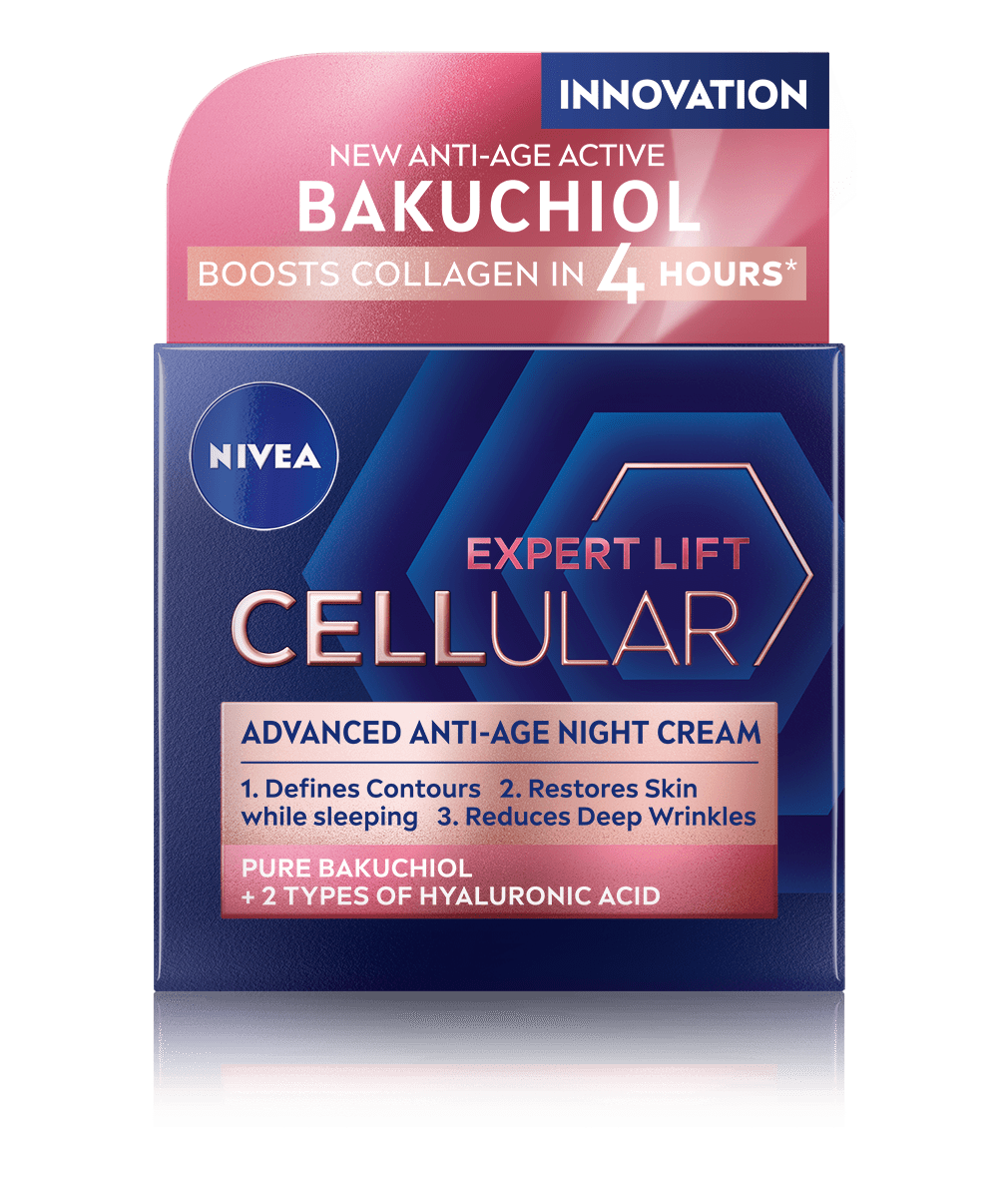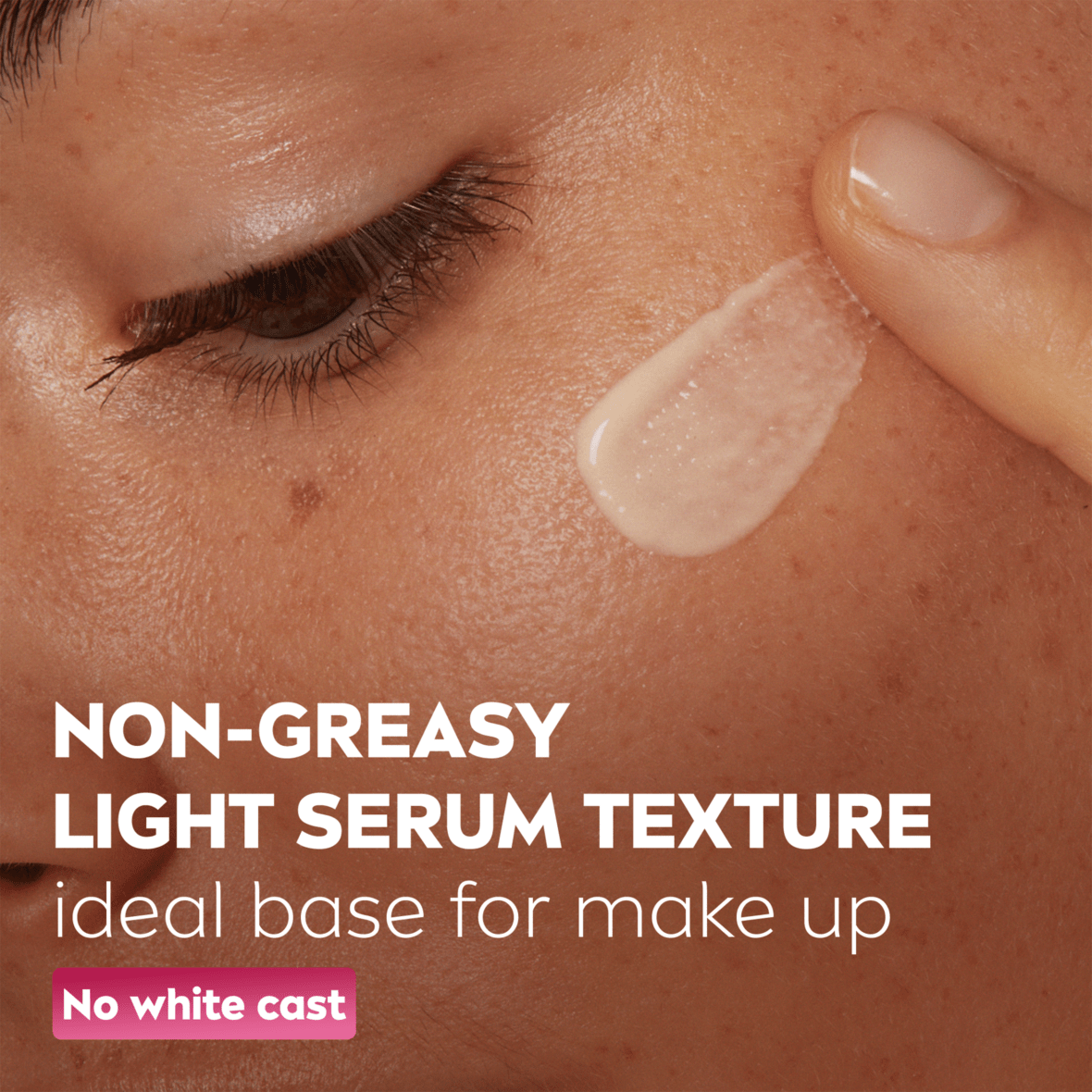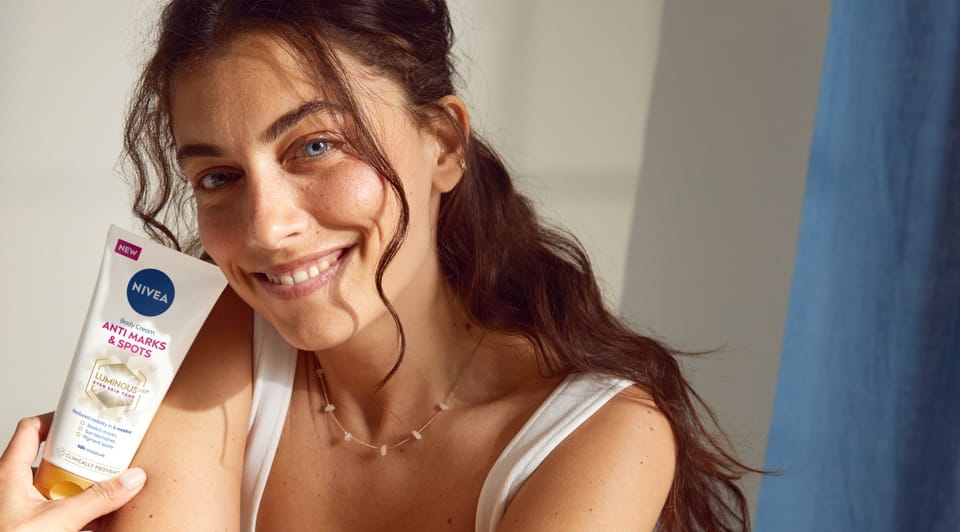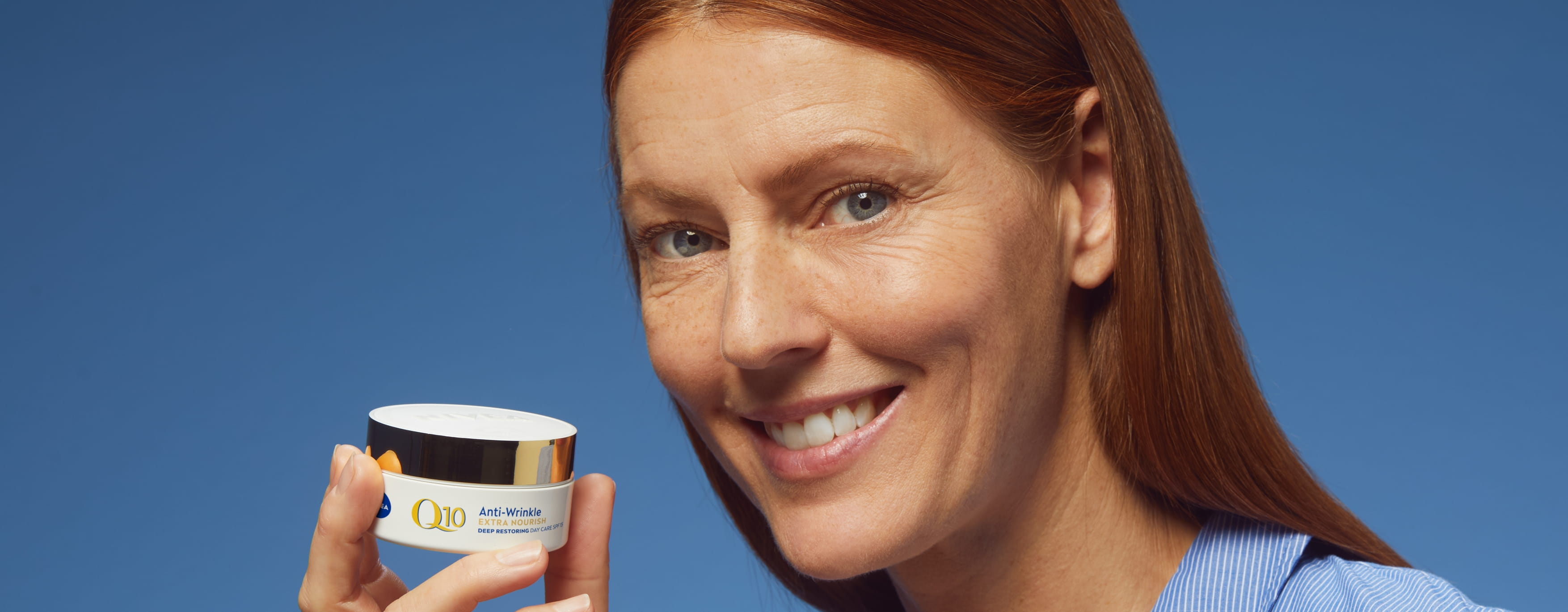
What Is Mature Skin? 5 Common Signs & Skincare Tips
Learn all about Mature Skin and explore gentle and effective skincare designed to nourish and protect ageing skin.
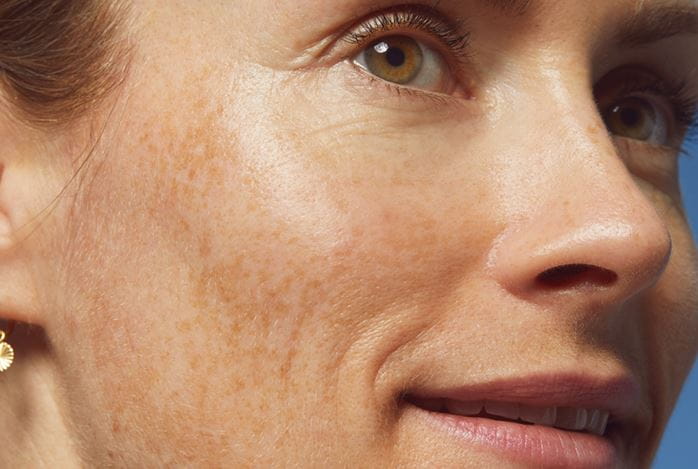
5 Common Signs of Mature Skin
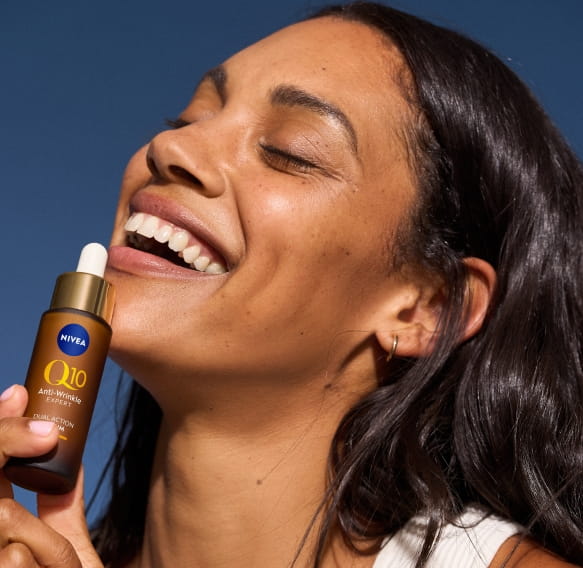
Dryness and dehydration:
Mature skin often produces less natural oil, making it more prone to dryness and in need of extra hydration.
Thinning skin:
A natural reduction in skin thickness can make it feel more delicate and fragile.
Uneven tone and pigmentation:
Sun exposure over the years can lead to age spots or areas of discolouration.
Reduced elasticity:
With fewer structural proteins like Collagen and Elastin, skin can feel less supple and become more prone to sagging.
8 Causes of Ageing Skin
Skin ageing is a natural part of life, but the way it happens, and how quickly, can be influenced by more than just time. From everyday lifestyle habits to environmental exposure, a variety of factors work together to shape how your skin looks and feels as the years go by. Here are eight of the most common causes:
Facts Overview
5 Tips to Care for Mature Skin
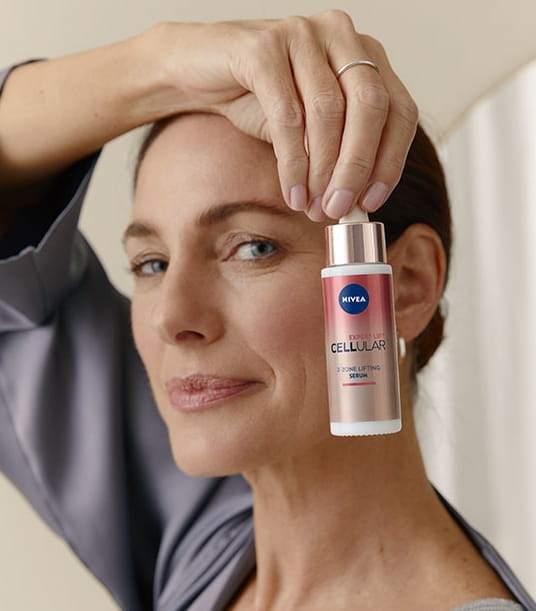
Use Sun Protection
Use a product with broad-spectrum protection (with UVA and UVB filters) daily to protect skin from harmful UV rays, which break down Collagen and cause wrinkles, pigmentation, and loss of firmness.
Keep your Skin Hydrated
Keep skin moisturised to maintain its natural barrier and prevent dryness. Well-hydrated skin looks plumper and smoother and helps to reduce the appearance of fine lines.
Healthy Diet
Eat a balanced diet rich in Vitamins, Antioxidants, and healthy fats - such as berries, leafy greens, and Omega-3-rich fish - to support skin regeneration from within.
Quality Sleep
Aim for 7–9 hours of restful sleep each night to allow your skin to repair, boost Collagen production, and regenerate skin cells.
How to Care for Mature Skin
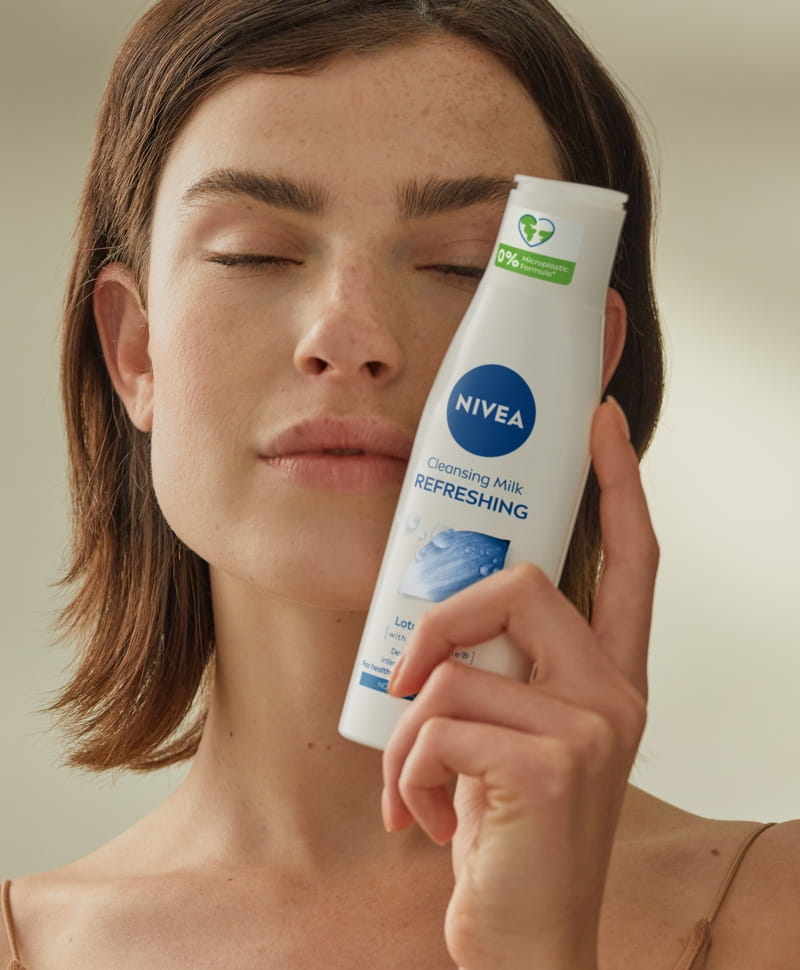
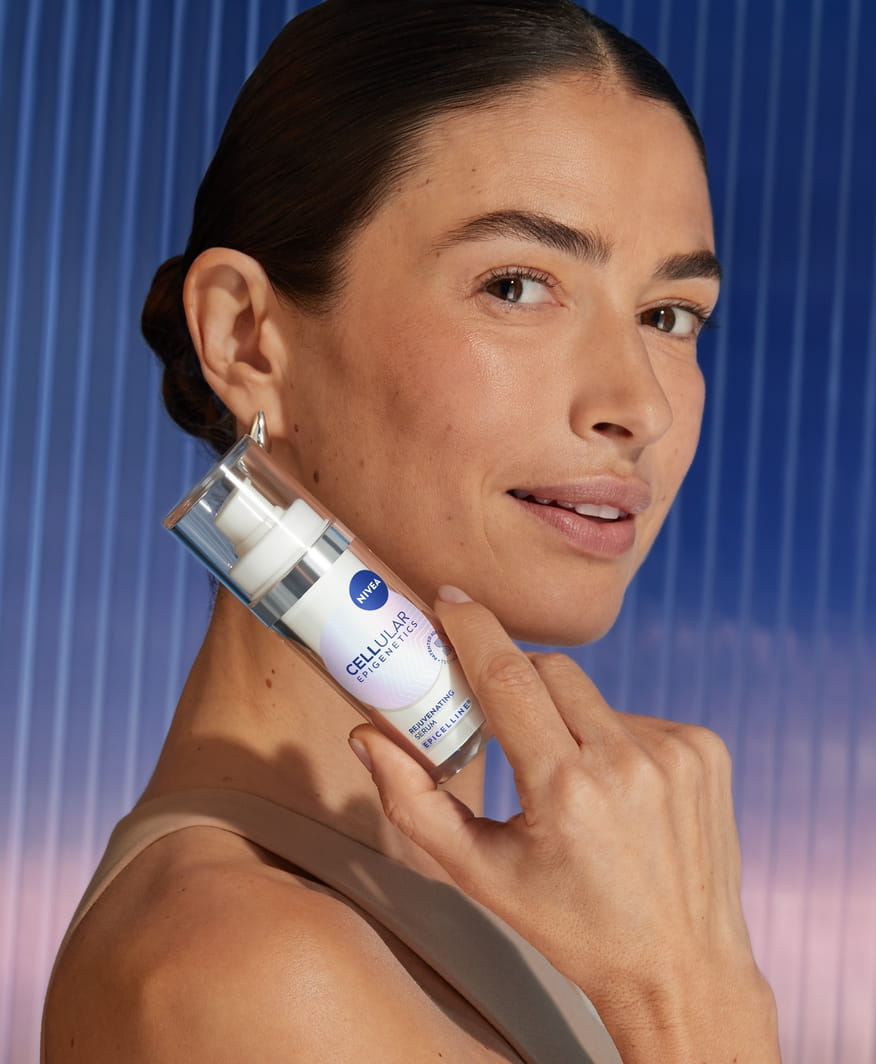
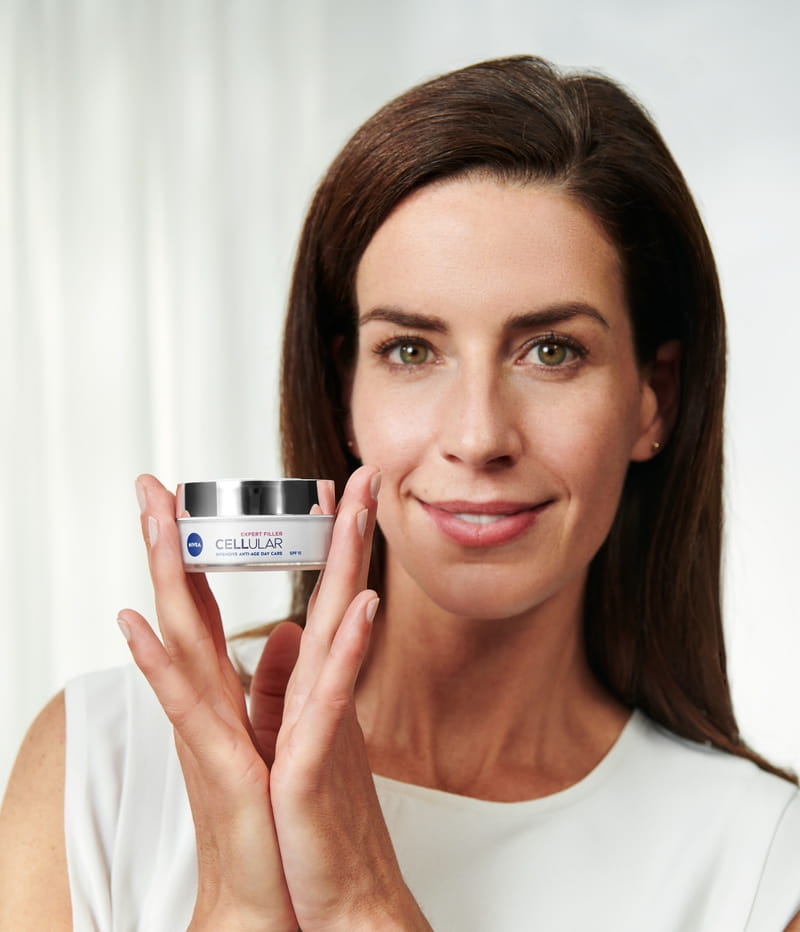
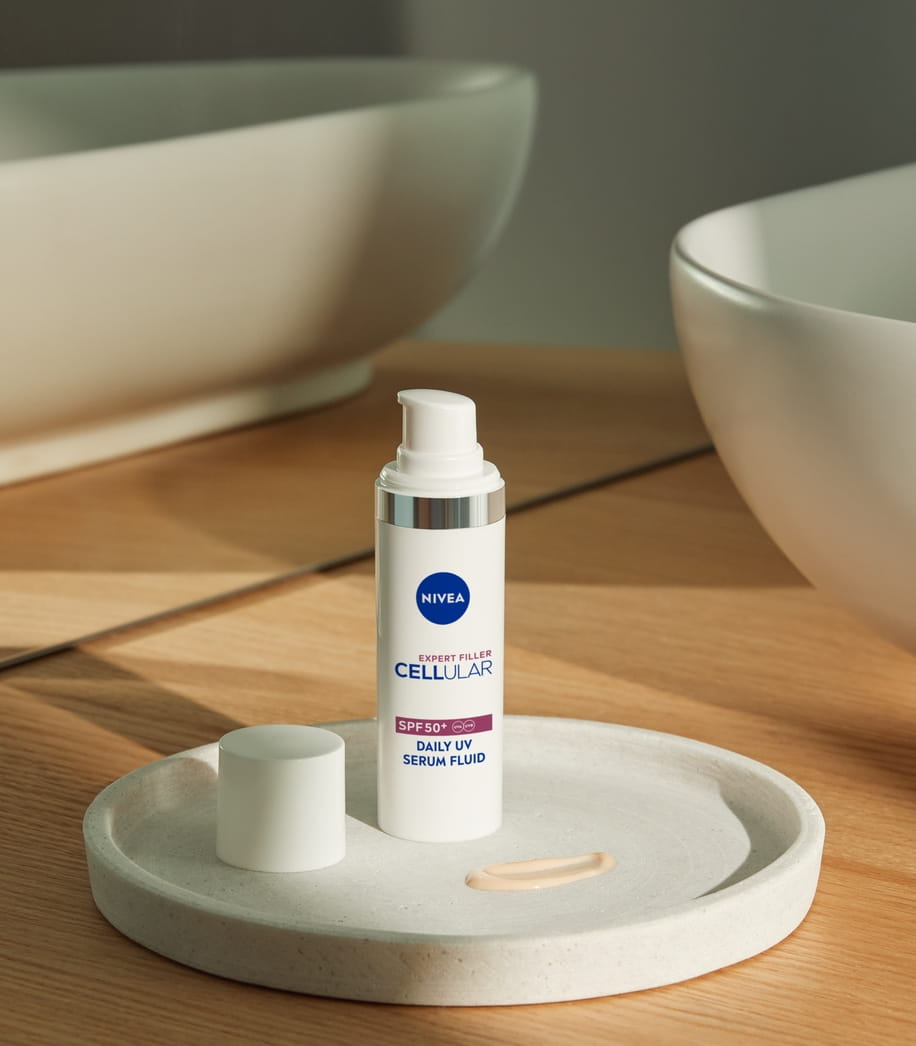
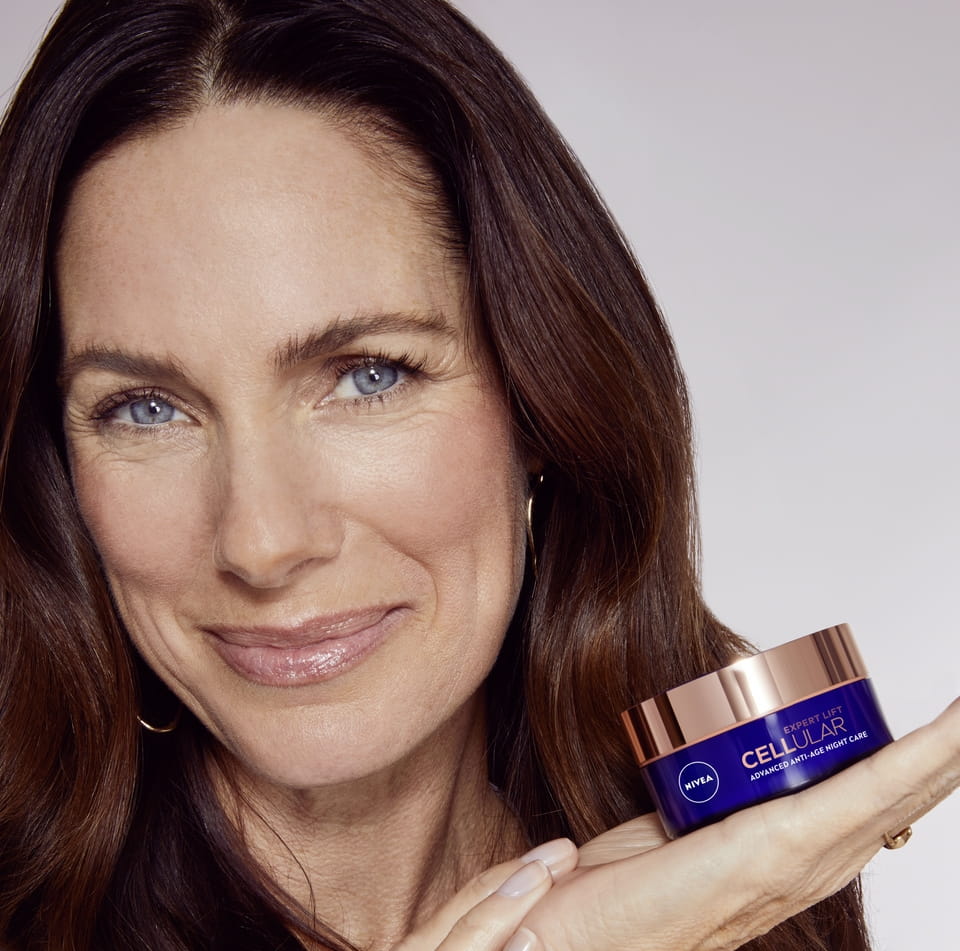
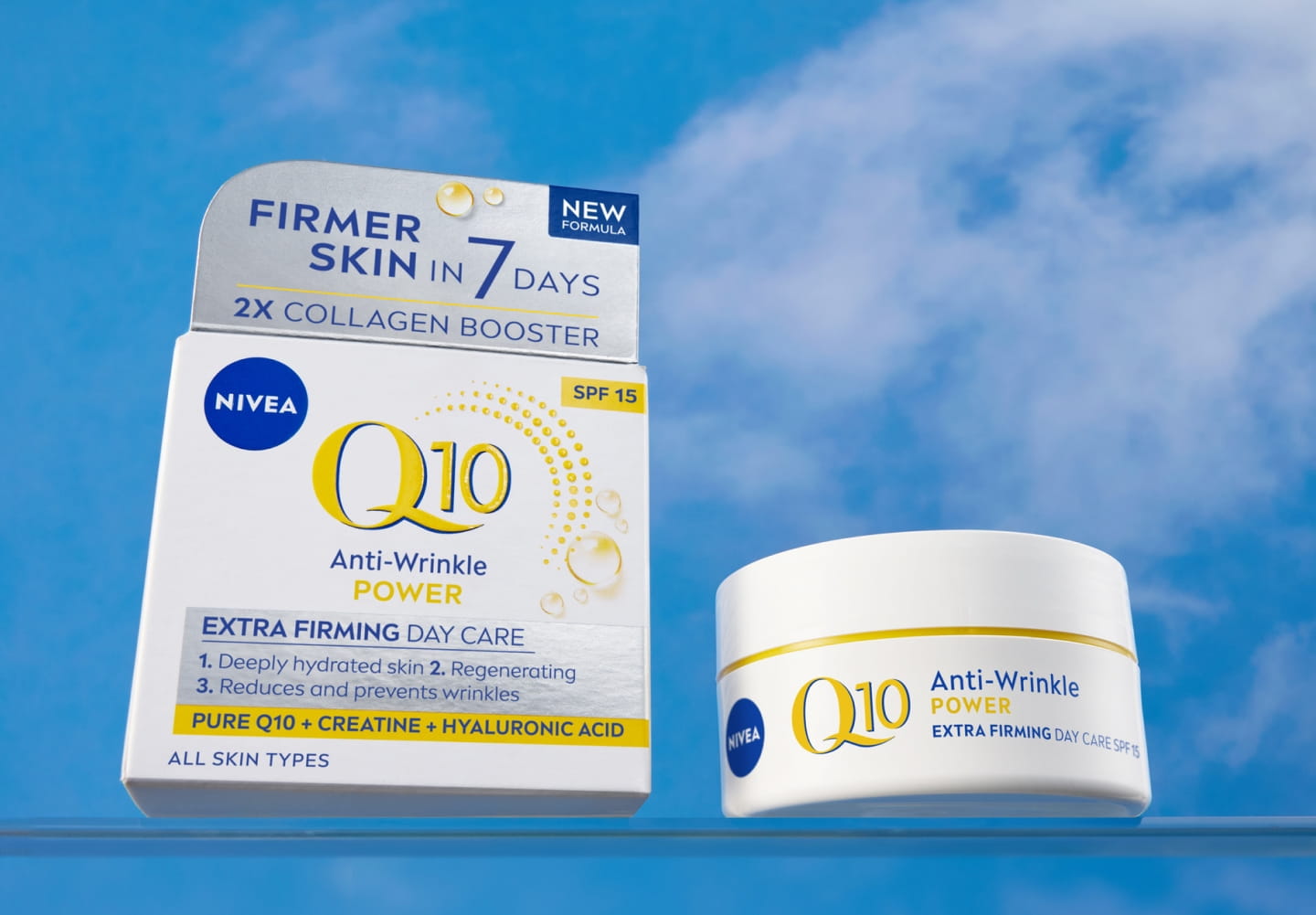
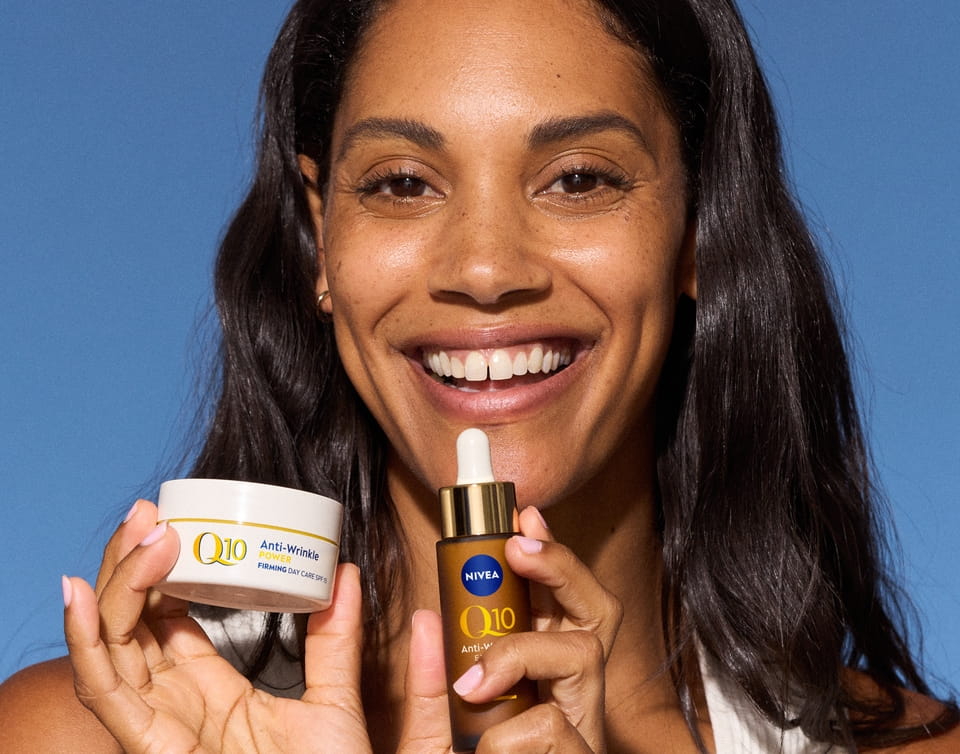
What Skincare for Mature Skin?
Enriched with powerful ingredients like Bakuchiol, Hyaluronic Acid, and Coenzyme Q10, these collections help to improve skin elasticity, reduce visible signs of ageing, and provide long-lasting hydration.

